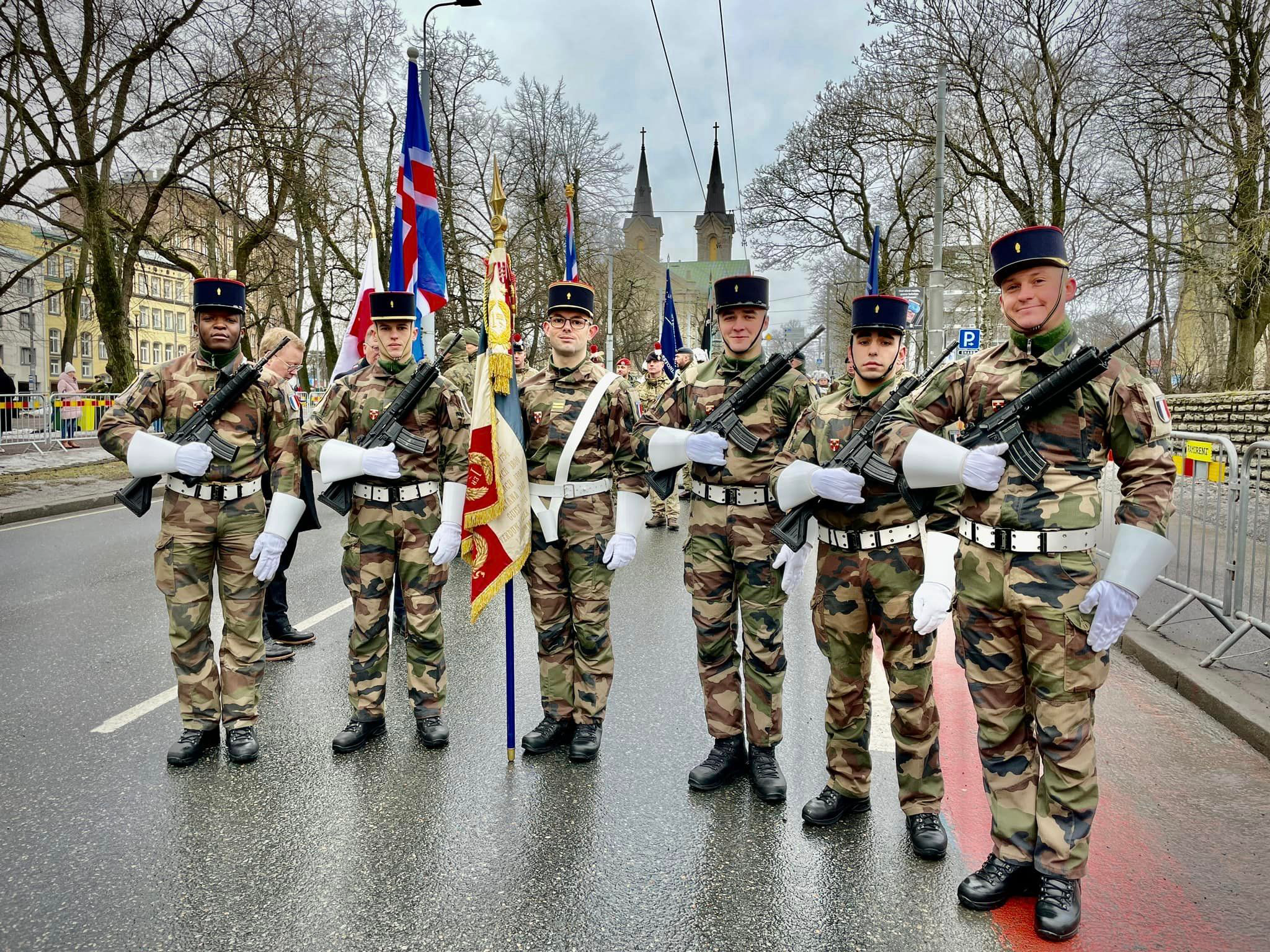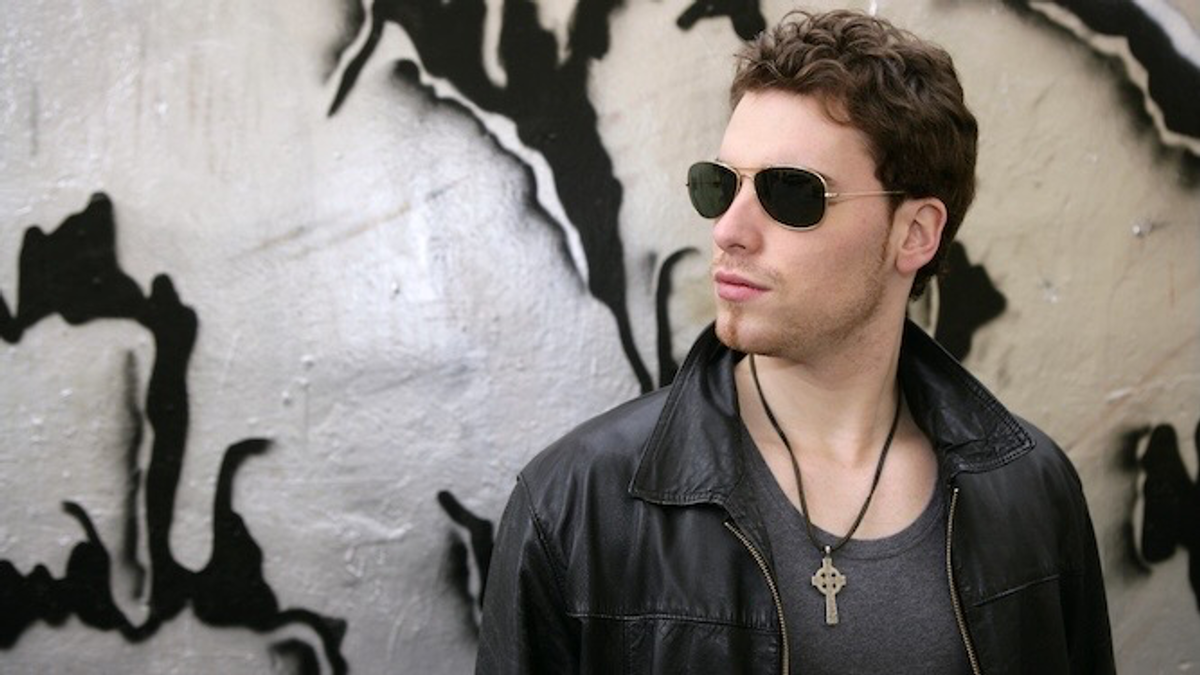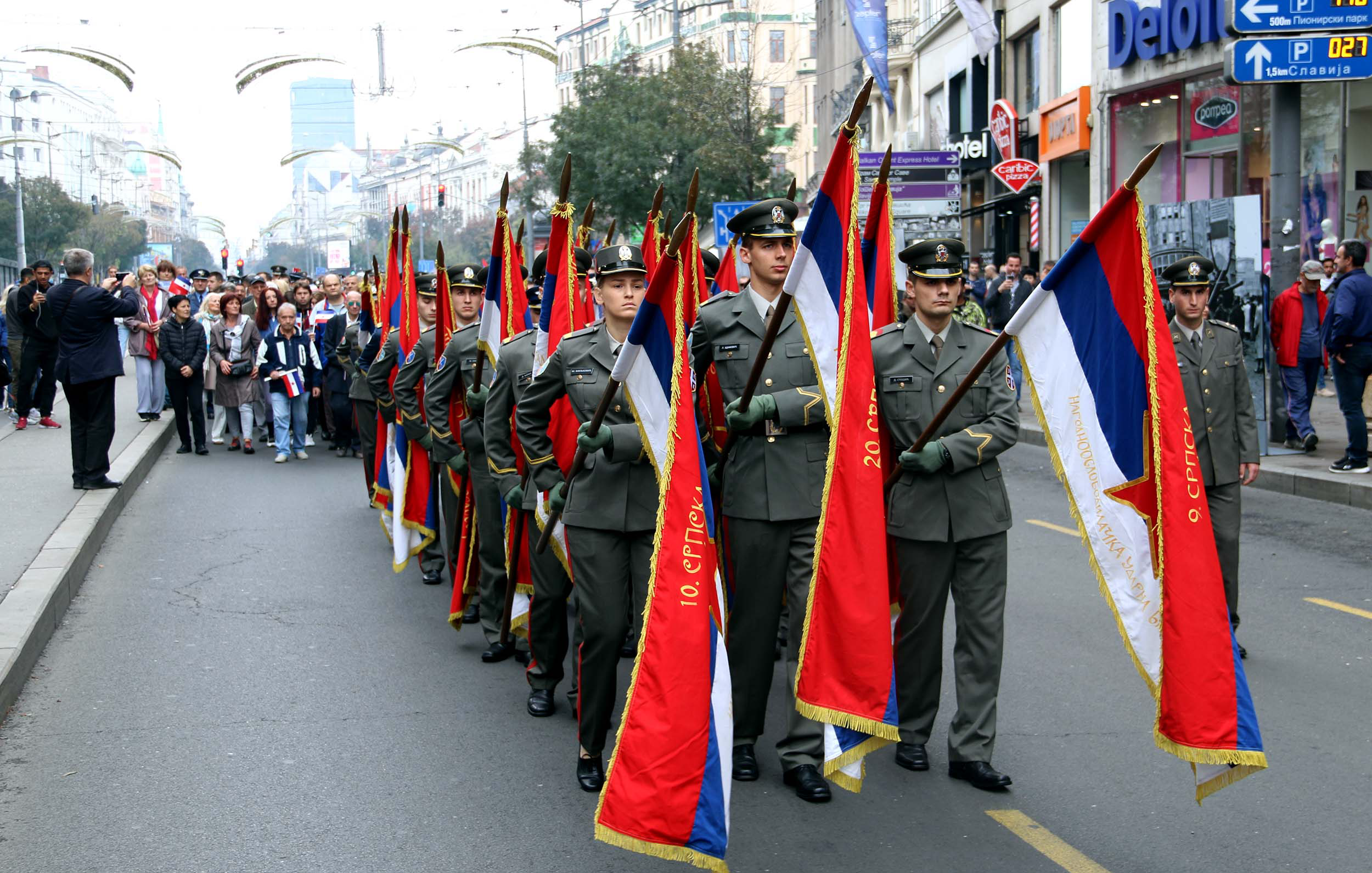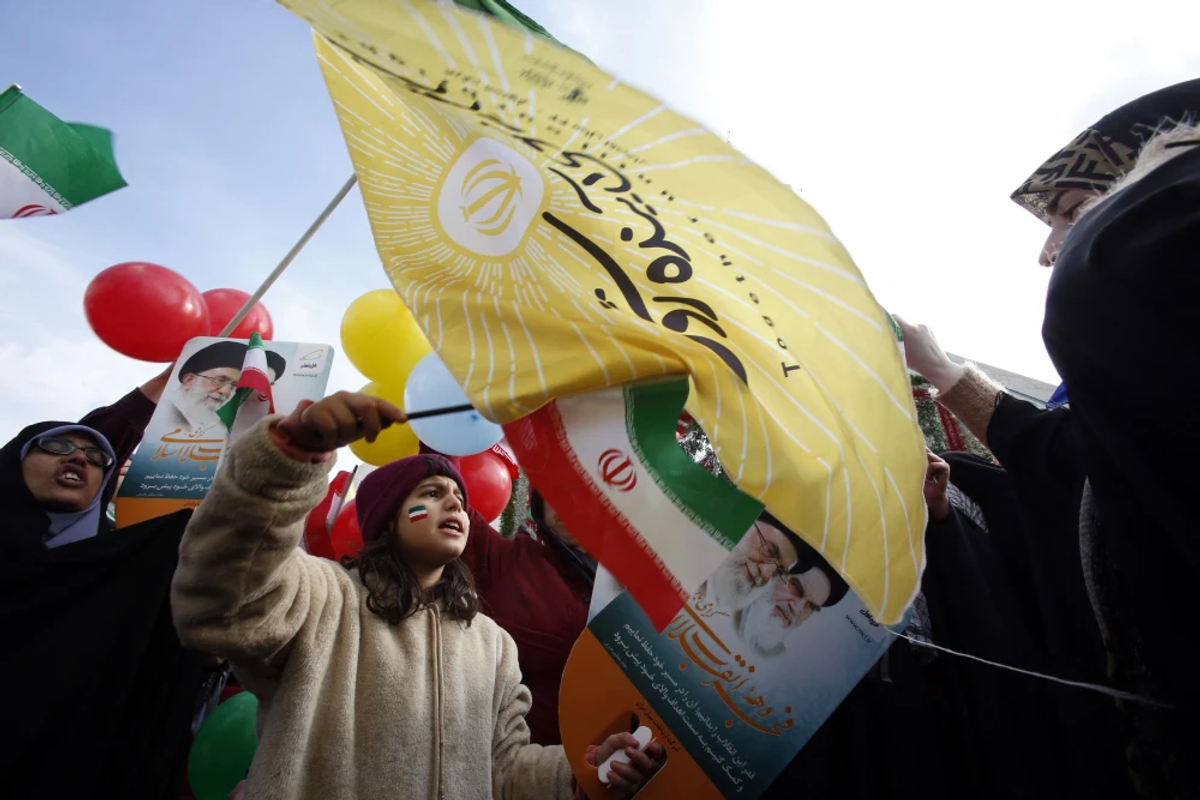Tuesday 24 February Independence Day in Estonia
On February 24th 1918, the Manifesto to the Peoples of Estonia was published, declaring an independent and democratic Republic of Estonia, from the new Soviet Russia. This was followed by a war with the Soviets to maintain Estonian liberty.
On February 2nd 1920, the war ended with the Tartu Peace Treaty which guaranteed Estonia’s independence for all time.
The Soviets went on to break this pact, however, and Estonia was under Soviet control for over 50 years.
In August 1939 Germany and the Soviet Union signed the Molotov–Ribbentrop Pact. The pact’s secret protocol divided Eastern Europe into spheres of influence, with Estonia belonging to the Soviet sphere. During this time, the Soviet’s “Russification” policy meant the Estonian flag was forbidden, with Russian was made the country’s official language.
In 1991 Estonia re-established its sovereignty after the peaceful “Singing Revolution” against Soviet rule, which saw music used as a tool of resistance and a declaration of intent.
From the capital city of Tallinn to historic Tartu, from Narva and Pärnu to Kuressaare on Saaremaa island, proud citizens of this northern Baltic state will take time to celebrate their national pride today.
Estonians start their Independence Day at sunrise with the traditional flag-hoisting on Toompea, a hill in the capital, Tallinn, and in other Estonian towns in the morning and progress through the day with the lighting of candles on the graves of state and public figures, and the organisation of ceremonies, services, and speeches. The Defence Forces organise a traditional parade, and the evening ends with a concert ceremony and a reception by the President of the Republic.
In addition to participating in public celebrations, people get together with their families and friends to spend time in nature and enjoy the holiday. Estonian Public Broadcasting offers a special programme dedicated to the holiday.
In honor of Estonian traditions, a classic meal of kiluvõileib, an open-faced sandwich topped with a sprat filet, is served across the nation as citizens reflect on more than a hundred years of statehood.
Tallinn’s Old Town is the most intact medieval city in Europe. It has remained almost completely unchanged since the 13th century.





















